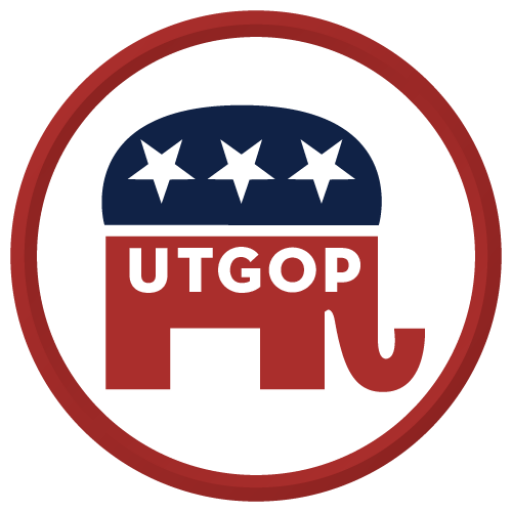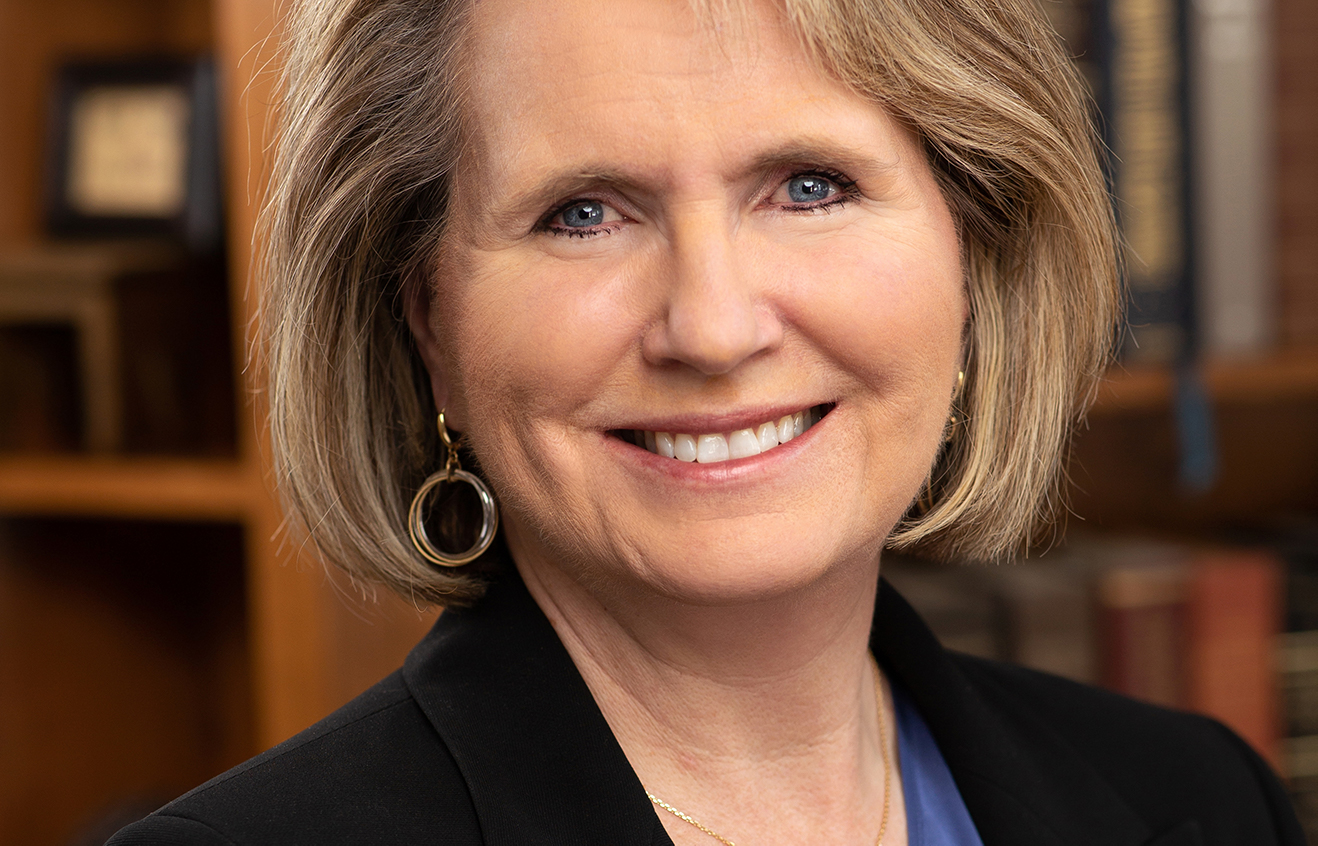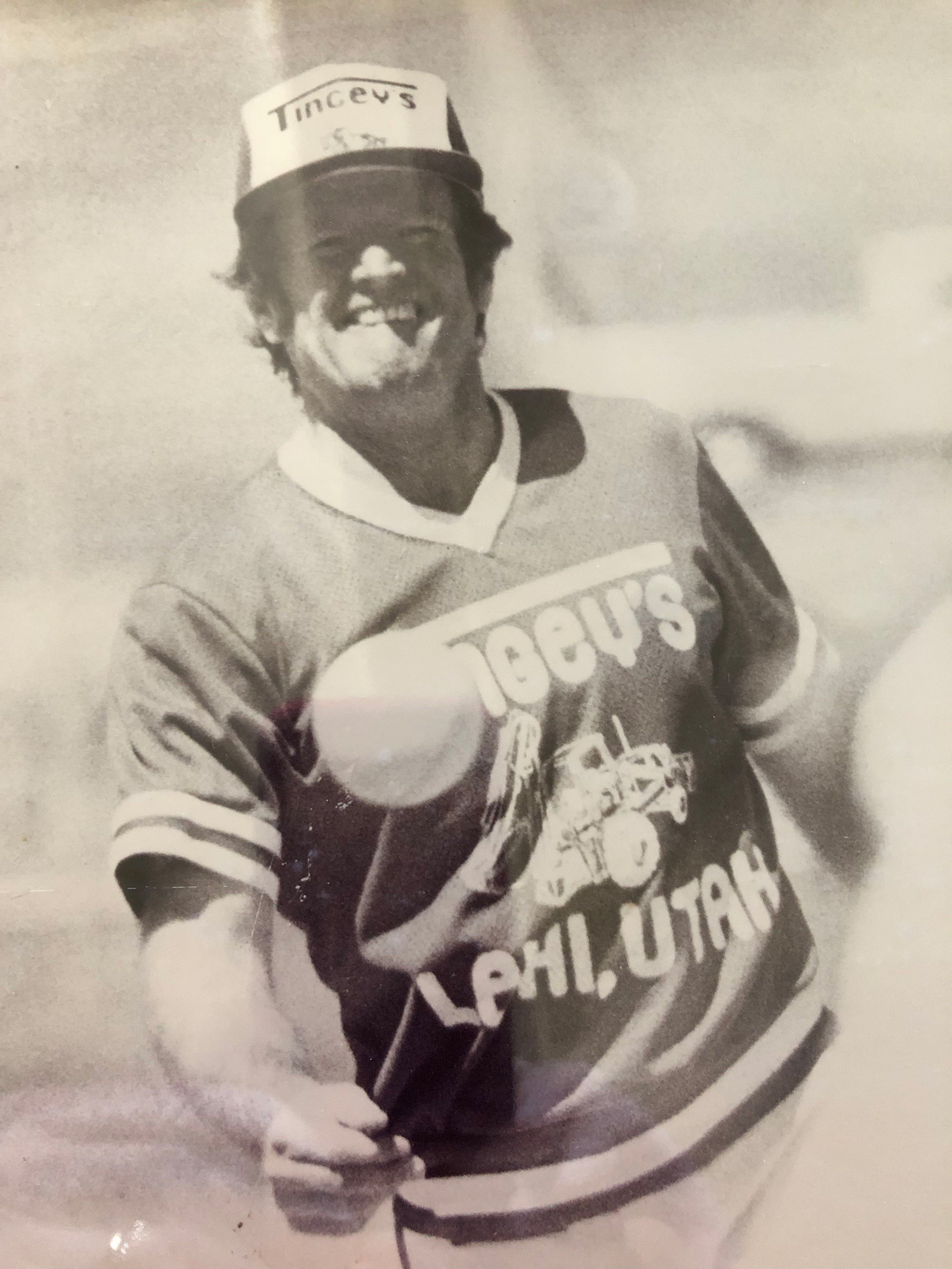Local News
Friction in Utah GOP over bylaw change
Published
7 years agoon

Heated contention has flared in the Utah Republican Party (UTGOP) after a February 24 vote by the UTGOP State Central Committee (SCC) to amend the party’s bylaws to enforce a rule passed in 2015 regarding who can claim the title of “Republican” on the ballot. The bylaw change requires a candidate for office to go through the caucus-convention election process to be recognized by the party.
While supporters believe it will help the party protect its candidate-selection process and win its lawsuit against SB 54, opponents say it will cause the party to be disqualified from the ballot altogether.
Supporters of the change say they voted for it in order to protect the party’s right to define its membership. “We want to protect the right of the party to select our nominees,” said Kristen Chevrier of Highland, a precinct chair and member of the SCC who voted for the change.
She said that because of SB 54, a person who doesn’t actually believe in the ideas of the Republican Party can run as a Republican if they just have enough money to gather signatures on a petition. She believes the rule change will address direction from judges and give the UTGOP better standing in the courts as it pursues its challenge to SB 54.
Phil Wright, a former UTGOP Vice-Chair and current SCC member who voted for the change, stated in a video addressing concerns with the change, “SB 54 severely interferes with a private political party’s right to determine the path it chooses to advance its party’s candidates.” Wright also said that the federal court judge in the case said many times that the party has a right to “determine its membership and hold candidates accountable.”
Supporters of the change also point to a 2008 decision by the U.S. Supreme Court, New York State Board of Elections v. Lopez Torres, which found “…a political party has a First Amendment right to limit its membership as it wishes, and to choose a candidate-selection process that will in its view produce the nominee who best represents its political platform.”
But opponents of the rule change believe the intent will backfire and leave the Republican Party off the ballot.
Rob Craig, a Lehi resident, Chair of the Utah County GOP, and SCC member who voted against the change, said he is convinced that the change violates state law and the party constitution.
“As a Qualified Political Party, we cannot prevent a member from collecting signatures,” Craig said. “It is an ill-advised change that was pushed through by a minority of the SCC. It is plausible that any candidate that does not have signatures could be jeopardized and my advice to them is to collect signatures as an insurance policy.”
Craig spoke enthusiastically about changes to this year’s caucus that will be announced in the near future, including release of an app that will allow precinct members to register and vote in the caucus even remotely.
“Given all the things that are going on, this caucus should be the best conducted and attended. It is in the spotlight this year and it needs to be the best ever.”
Other members of the party expressed concern about the effects of the bylaw change. In an email sent to Republican voters throughout the state on Thursday, March 1, and signed anonymously by “Republican Party Members,” those who called for the February 24 meeting were dubbed “The Gang of 51.”
“They changed a bylaw that now puts in jeopardy the candidacy of every Republican in the entire State,” said the email.
Attached was a video posted on the YouTube account of Daryl Acumen, a former vice-chair of the Utah County GOP and active member of the party. It includes clips of contentious moments at the February 24 meeting. The text narration points out that only 34% of the full SCC were in attendance at the meeting, and expresses concern about the way the meeting was conducted.
In the video featuring Wright, he addressed the attendance, explaining that while about 110 of the 180 elected SCC members usually attend meetings, only 82 were in attendance on February 24. He said about 80% of those voted for the change, well above the required two-thirds.
Discussion in Republican social media forums has been heated and even ventured into the personal at times. Opponents have charged supporters with wanting to shut down Mitt Romney’s campaign for the U.S. Senate. Supporters say the bylaw was crafted specifically to avoid doing that.
“The bylaw was specifically tailored to not impact any candidate who has already declared their intent to gather signatures,” said Josh Daniels, a Saratoga Springs resident, Vice-Chair of the Utah County Republican Party and a member of the SCC who voted for the bylaw change.
“Moreover, it would not affect any candidate who chooses to gather signatures this election cycle, with the exception of those candidates who may choose to run for U.S. Congress in districts 1 and 2 only, AND gather signatures. To date no candidate has declared intent to gather signatures in either of those two congressional districts,” Daniels added.
Supporters have charged opponents with wanting to shut down the caucus-convention system, but among opponents are strong supporters of the caucus-convention who are concerned about the legal implications of the change.
Two of Lehi’s legislators also weighed in. Rep. Kay Christofferson (HD 56) said while he agrees with the idea of wanting to protect a political party’s right to choose its candidates, he is concerned that the new bylaw could make the state change its recognition of the UTGOP from Qualified Political Party (QPP) to Registered Political Party, in which case nominees won’t be able to pursue the caucus-convention nomination route at all.
“I was never in favor of SB 54,” he said. “It imposed the legislature’s will on a private party. The state has control over how elections are run, but it shouldn’t have control over how a party picks its candidates. Parties should be able to choose how they get their candidates.”
He said Republican candidates are now in limbo. “If the judge says we’re no longer a QPP, then the caucus won’t work.” But if the candidates choose to gather signatures to hedge their bets, “we’re on the outs with the party.”
Rep. Cory Maloy (HD 6) said he didn’t feel he understood the new bylaw well enough to comment on it. Instead, he encouraged voters to participate in their neighborhood caucus meetings on March 20 and “unite around the caucus-convention.”
“Despite what some may say, more people will typically attend caucus night than will vote in the primary election in our district,” he said. “This is a strong indication of the popularity and importance of the caucus,” Maloy added. Senator Jake Anderegg (SD 13) declined to comment on the matter.
Party caucus meetings will be held March 20, presenting a good opportunity for GOP members to express their views on the bylaw change to the party.

You may like
-


Exploring Day Trips From Lehi Through Scripture
-


Lehi nostalgic Christmas gifts for sale at Historical Society
-


Lehi wrestlers win at Stansbury
-


Lehi firefighters help Santa
-


Envision Utah addresses statewide teacher shortage
-


Lehi-based App Encourages: Get fit with friends
-


Utah Women’s Walk: Honoring the women of Utah, past and present
-


Fastpitch Softball—It’s all in the (Lehi) family
-


Lehi donors recognized at ASD Foundation event
-


Carvana “auto vending machine” to be built in Lehi

